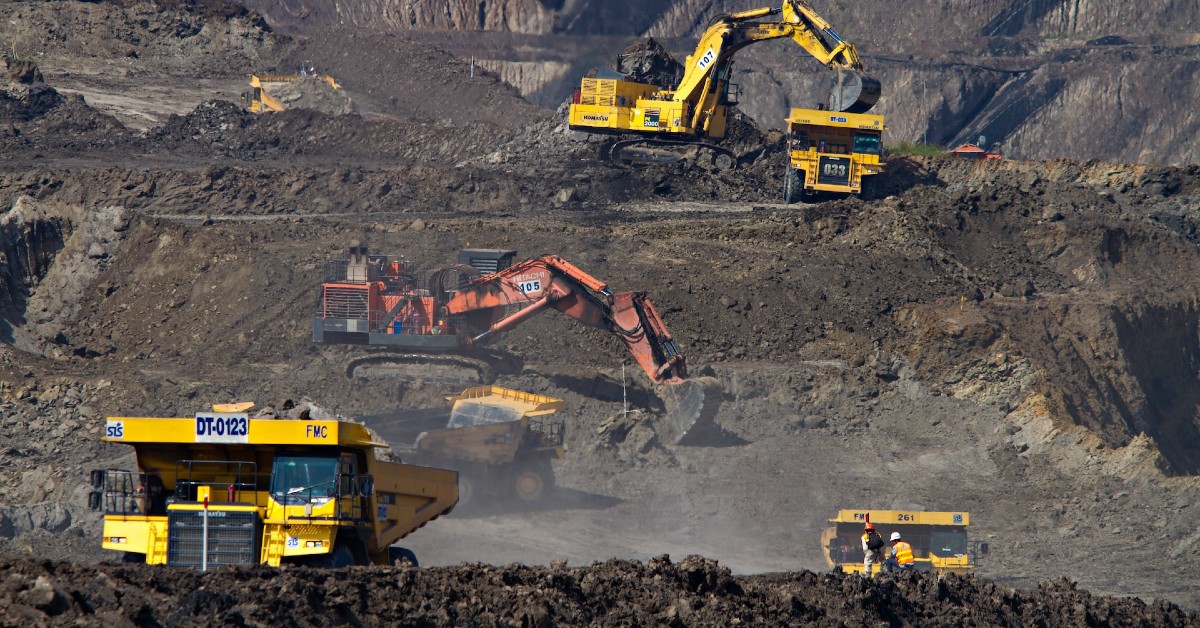Mexico is the thirteenth largest country in the world. In its almost two million square kilometers there is a diversity of landscapes and natural environments, creating ample mining opportunity and resources. Here, I will discuss the problems mining in Mexico has created and potential remedies.
Since colonial times, Mexico has been a favorite destination for domestic and foreign mining. Investors mobilize substantial capital to extract gold, silver, copper, and other natural resources. In recent decades, this practice has surged.
To understand Mexico’s current extractivism, we must revisit policies from the neoliberal boom. For example, the mining law of 1992 facilitated foreign private investment, concession granting, and tax facilities. During this period, private companies routinely bought up state-owned companies at rock-bottom prices, shifting power and massive wealth over to Mexico’s elite at the cost of state investment. These changes in management also affected the mining unions and workers, whose jobs became increasingly precarious and who lost many of the labor rights they previously enjoyed.
Fighting Back
At the same time, mining companies can be important lobbying and de facto power groups, which can undermine democracy in cases of weak states. For example, local residents in Chihuahua staged a 2008 protest against the Canadian company Minefinders following its failure to fully honor an agreement with the local community in exchange for rights to operate in the Dolores mine. When the protesters blockaded the roads to the mine, Chihuahua’s state government and even federal police intervened in support of Minefinders.
The money and political influence mining companies enjoy has made them increasingly immune to accountability and has granted them unprecedented power to shape the law as they see fit. For instance, companies that mine in Mexico make millions of dollars in annual profits, yet Mexico is among the top producers of gold and the world leader in silver. However, taxes on these profits only account for about 0.1 percent of Mexico’s GDP. On a global spectrum, Mexico’s fiscal policy toward taxing mining companies’ profits ranks on the lower end. For comparison, Mexican law allows the government to tax an individual’s income as high as 35 percent. As with foreign stakeholders, Mexican investors with stake in mining are among the wealthiest people in Latin America.
Conclusion
There is a clear need for balance between productive mining activities and the Mexican communities’ social, ecological, and economic well-being. Most importantly, this means holding mining investors accountable to Mexico’s legal framework. Furthermore, the fiscal regime needs reformed in such a way that Mexicans get a little more in return for foreign exploitation of their natural resources.
In short, Mexico needs to refine its legal framework, but its citizens and media must continue to call out the agents who fail to enforce it. As it stands, the general public is getting a raw deal.
Photo by Dominik Vanyi on Unsplash
About the Author
Luis Bravo Govea (Mexico City, 1992) has a degree in sociology and a master’s degree in political and social studies. He currently specializes in public security and is also dedicated to teaching. His research interests focus on the analysis of political actors, security policy in Mexico, and the Mexico-United States relationship.

